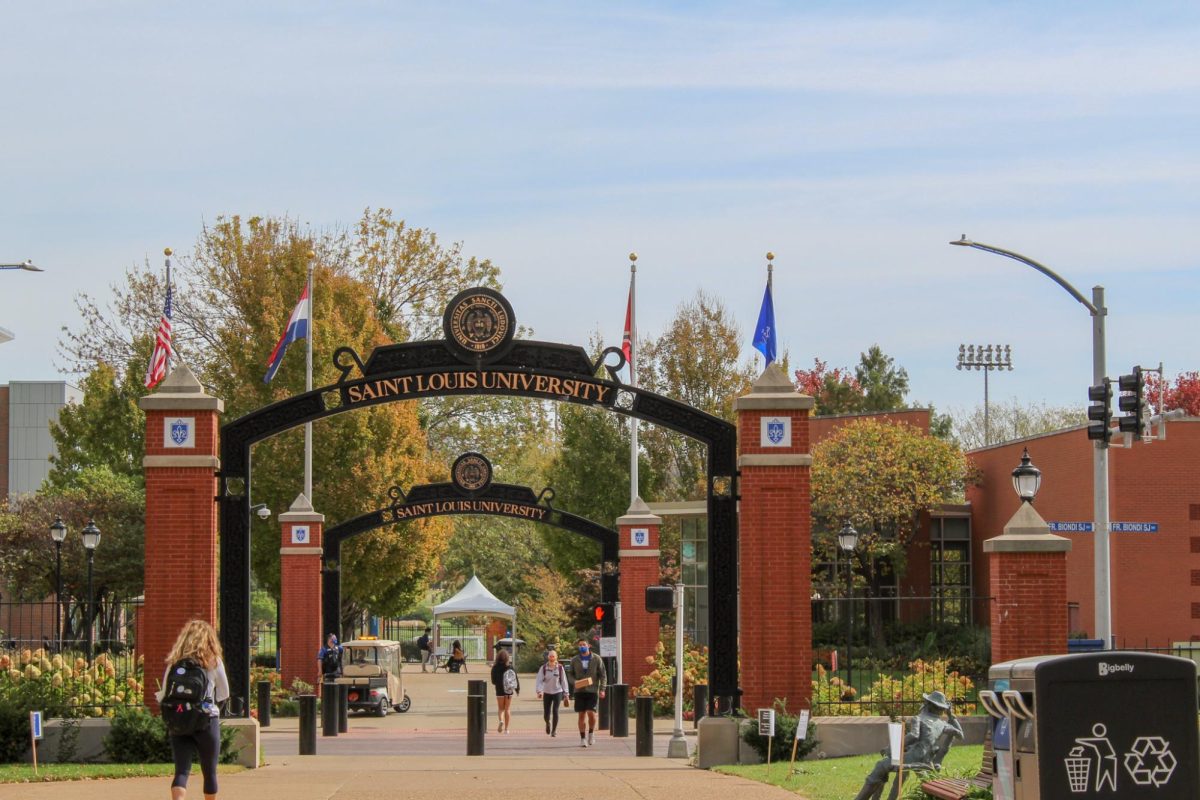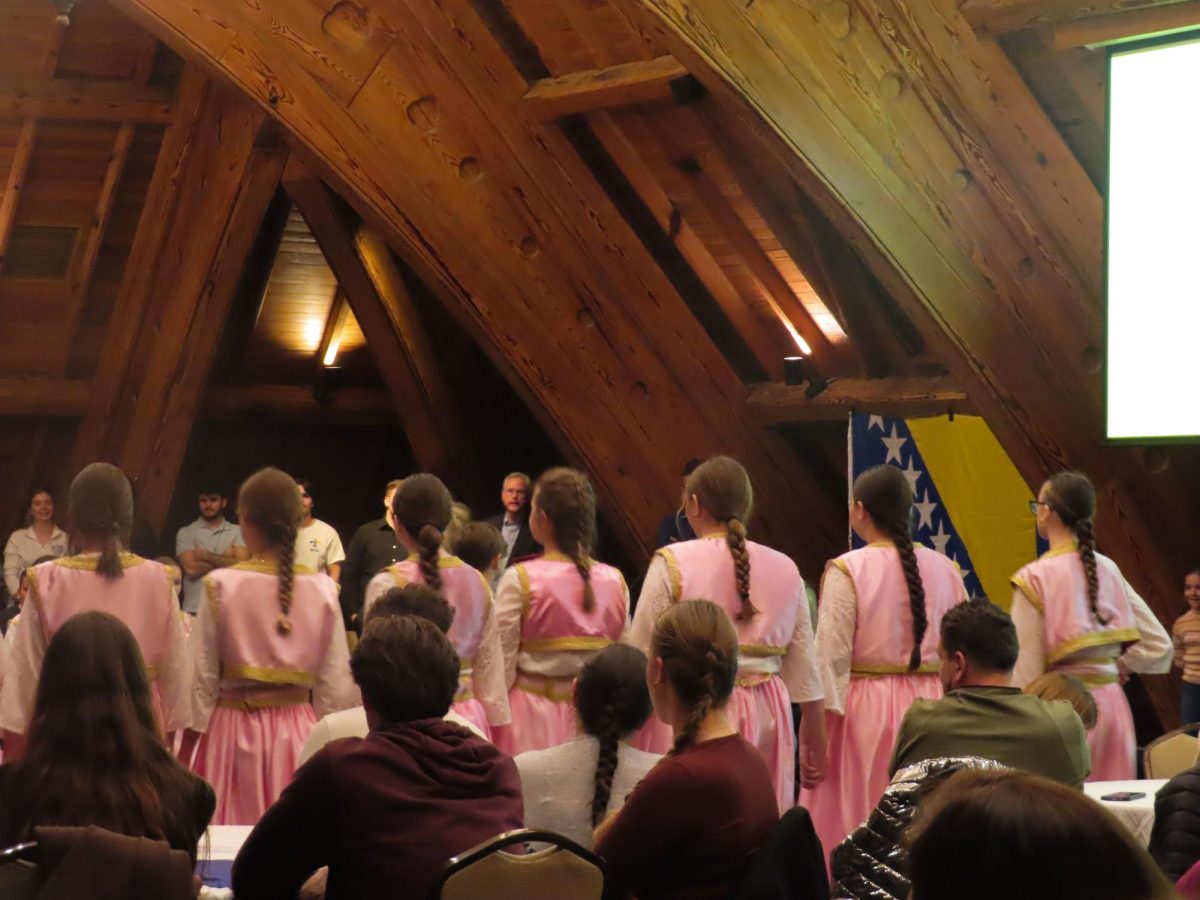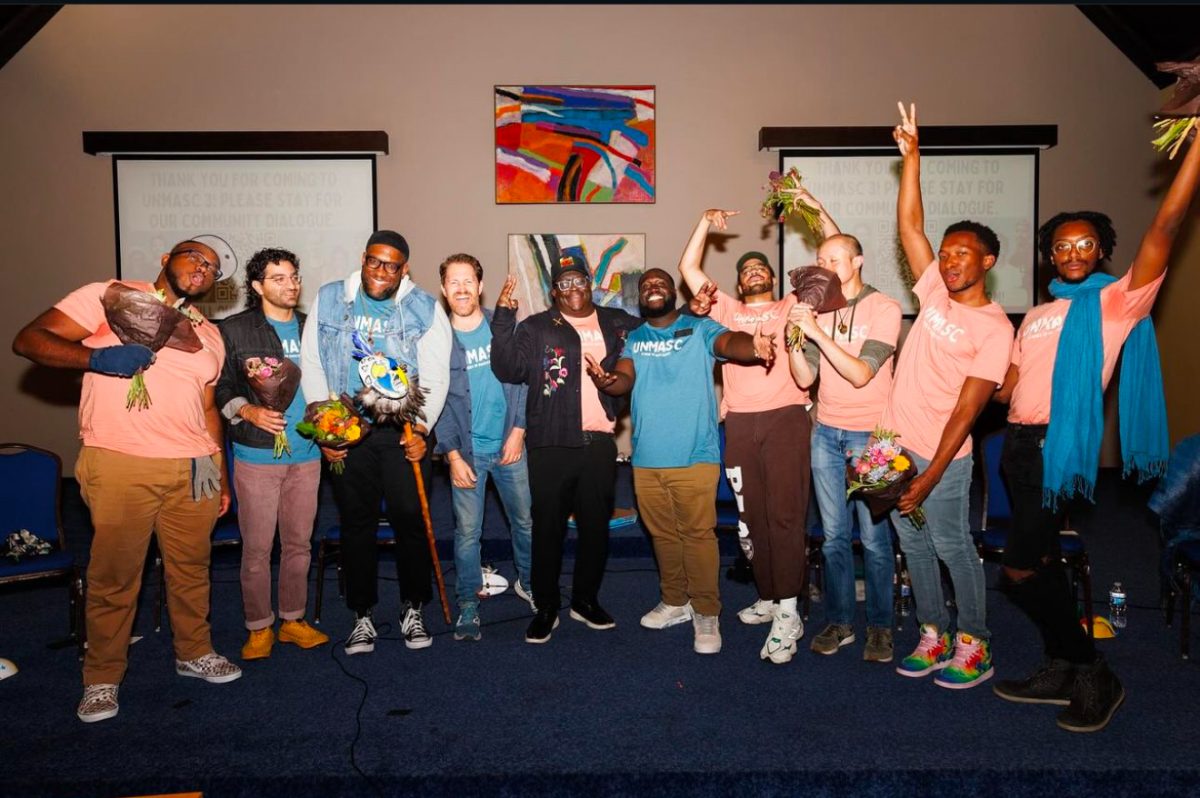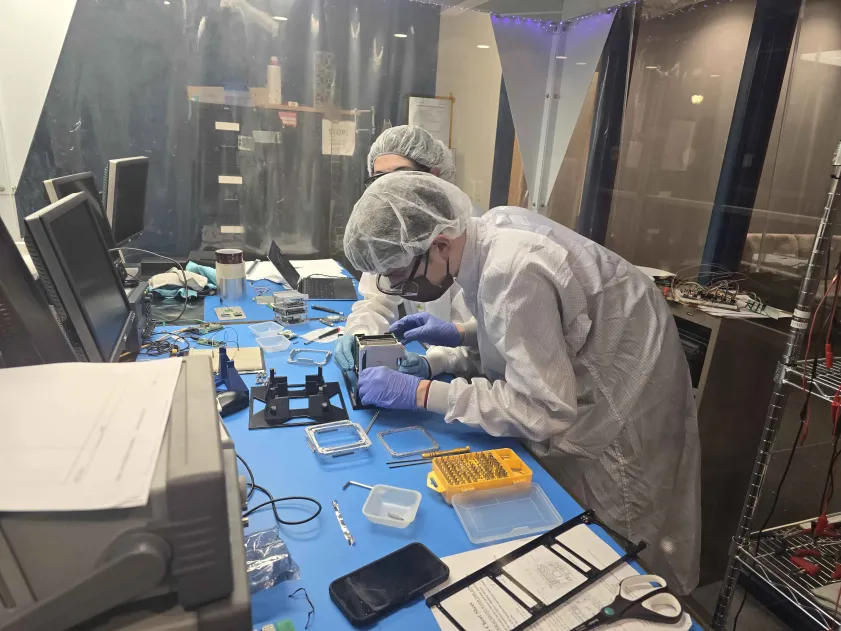What is the cost of war?
A standing-room-only crowd of more than 200 Saint Louis University community members gathered to learn the answer on Tuesday, Feb. 11.
Three SLU professors addressed the economic, political and moral cost of war and fielded questions from the audience following their presentations.
Muhammad Islam, Ph.D., chairperson of the economics department, presented the financial aspect of past wars and how it impacted the economy. He reviewed several different economic standpoints on how a war with Iraq would effect today’s economy–estimates range from between $7 to $9 billion per month in a short-term war or more than $100 billion if the war is longer.
Jean-Robert Leguey-Feilleux, Ph.D., from the department of political science examined the political aspect of war. He discussed several questions:
“What will happen when we win the war?”
“After Saddam is removed, then what?”
“There’s the element already of rebuilding Iraq, and guess who is going to foot the bill?”
“How is Iraq going to be governed?”
As the final speaker, John Kavanaugh, S.J., a professor in the philosophy department, discussed the moral costs of the potential war.
“President Bush has rightly called Saddam Hussein brutal because he will use civilians as shields,” Kavanaugh said. “But the president must ask himself–is it not brutal to shoot through civilians?”
Kavanaugh focused on the need for an examination of conscience and an understanding of all the information, including asking why terrorists do what they do. He concluded that the greatest cost of war is the damage to our consciences and that we cannot afford to pay that price.
Jon Fisher, Ph.D., assistant professor in the biology department, attended the presentation with his wife, Gretchen Salsich, Ph.D., assistant professor of physical therapy.
“I was struck by Dr. Islam’s analysis that the economic burden imposed by preparing for conflict, waging war, reconstruction of Iraq and increased oil prices would be relatively small compared to the costs of previous wars,” Fisher said.
“The real price of posturing for or waging war with Iraq, as described by Dr. Leguey-Feilleux, would be human costs, the unpredictable destabilization or restructuring of the region and damage to the diplomatic stature of the United States,” Fisher added.
“Dr. Kavanaugh’s lesson, that those in favor of war with Iraq should not be castigated as fools or demons, was the most powerful message for me. The SLU community can learn from Rev. Kavanaugh’s lead–engaging people with whom we disagree, rather than dismissing them,” Fisher said
Lubna Alam, an organizer/member of the SLU-IOW (Instead of War) group, which sponsored the event, was impressed by the number of people who attended.
“As college students, we are the generation of Americans who will be most affected by a possible war with Iraq. After all, it is the young ones who go and fight –people our own age,” Alam said.
Future SLU-IOW events include a rally and march on Monday, Feb. 17 at noon at the Clock Tower. For more information on the SLU-IOW coalition, people may visit www.insteadofwar.org.







